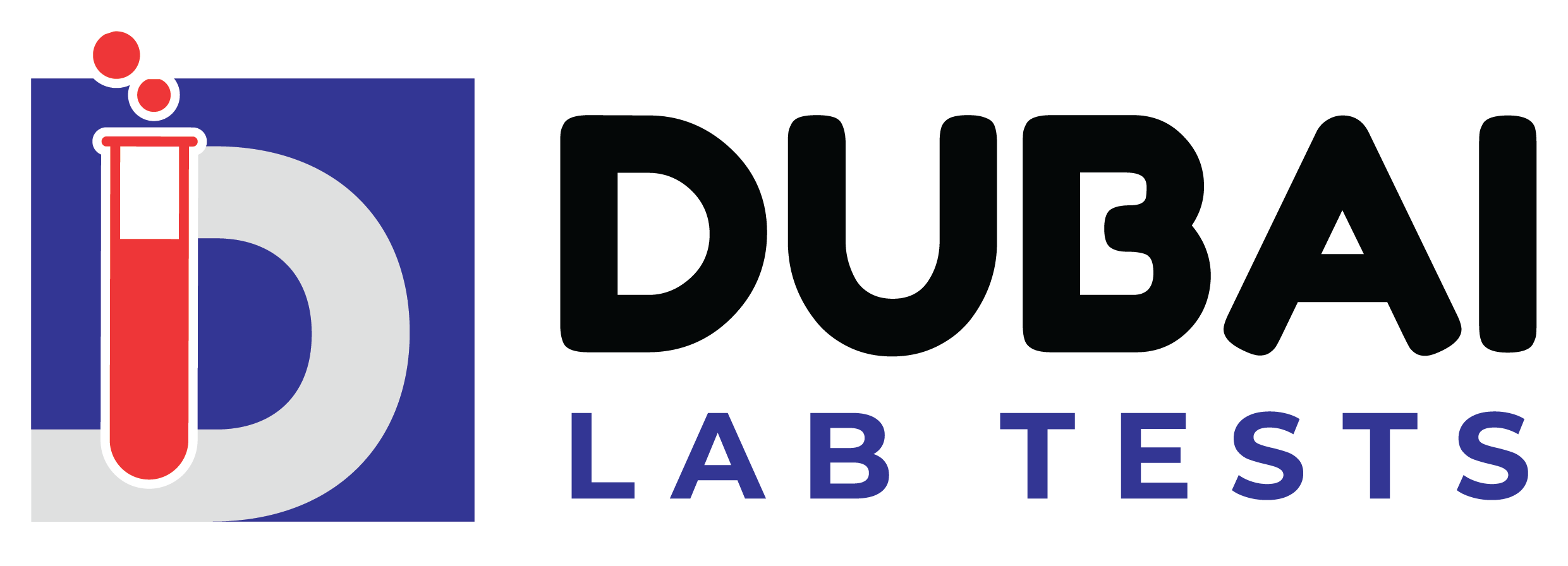Showing 46–54 of 65 results
-

د.إ5,500.00
The Oncomine Comprehensive Myeloid/Leukemia Panel (DNA + RNA fusions) is a next-generation sequencing (NGS) assay designed for comprehensive genomic profiling of myeloid malignancies and leukemias. It simultaneously analyzes DNA and RNA to detect key mutations, copy number variations, and gene fusions across a broad range of clinically relevant genes.
-

-

-

-

-

د.إ5,500.00
The Oncomine Myeloproliferative Neoplasm (MPN) Panel is a targeted next-generation sequencing (NGS) assay designed for the comprehensive detection of key driver mutations in myeloproliferative neoplasms. It enables the simultaneous analysis of JAK2, CALR, and MPL genes, which are critical for MPN diagnosis and classification. The panel offers high sensitivity, detecting low-frequency variants with as little as 10 ng of input RNA or DNA, making it ideal for limited or degraded samples.
-

د.إ35,000.00
The Oncotype DX Breast Cancer (ML) Test is a genomic assay that analyzes the activity of 21 genes in a breast cancer tumor to predict the risk of recurrence and the potential benefit of chemotherapy. Designed for early-stage, hormone receptor-positive, HER2-negative breast cancer patients, it provides a Recurrence Score® result that helps guide personalized treatment decisions. Key benefits include reducing unnecessary chemotherapy, improving patient outcomes, and offering evidence-based insights backed by extensive clinical validation.
-

-

د.إ2,400.00
PCR for HLA-B27 (EDTA) is a molecular diagnostic test used to detect the HLA-B27 gene, which is strongly associated with autoimmune disorders like ankylosing spondylitis and other spondyloarthropathies. Utilizing Polymerase Chain Reaction (PCR) technology, this test offers high sensitivity and specificity, ensuring accurate and reliable results. The use of EDTA as an anticoagulant preserves sample integrity, enhancing test precision. Key benefits include early disease detection, aiding in timely diagnosis and management of autoimmune conditions. Its rapid turnaround time and non-invasive nature make it a preferred choice for clinicians.




